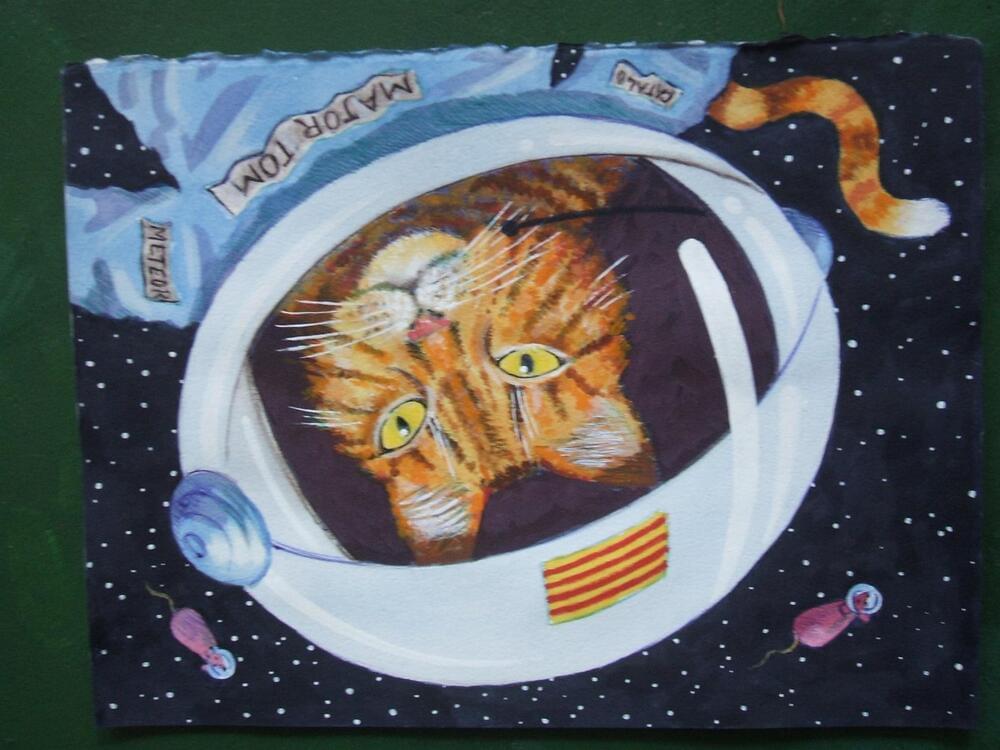Process achieved at industrial scale in 120 litre reactor.
The 120 litre LanzaTech pilot plant that can convert carbon dioxide into acetone and isopropanol.
Industrial scale carbon-negative production of two commodity chemicals has been achieved for the first time using a genetically modified bacterium that can turn waste carbon dioxide into acetone and isopropanol. The work, which offers a blueprint for making other chemicals, holds promise for a more sustainable, renewable and environmentally-friendly chemical industry as the world strives to shift from fossil fuels to a circular carbon economy.










